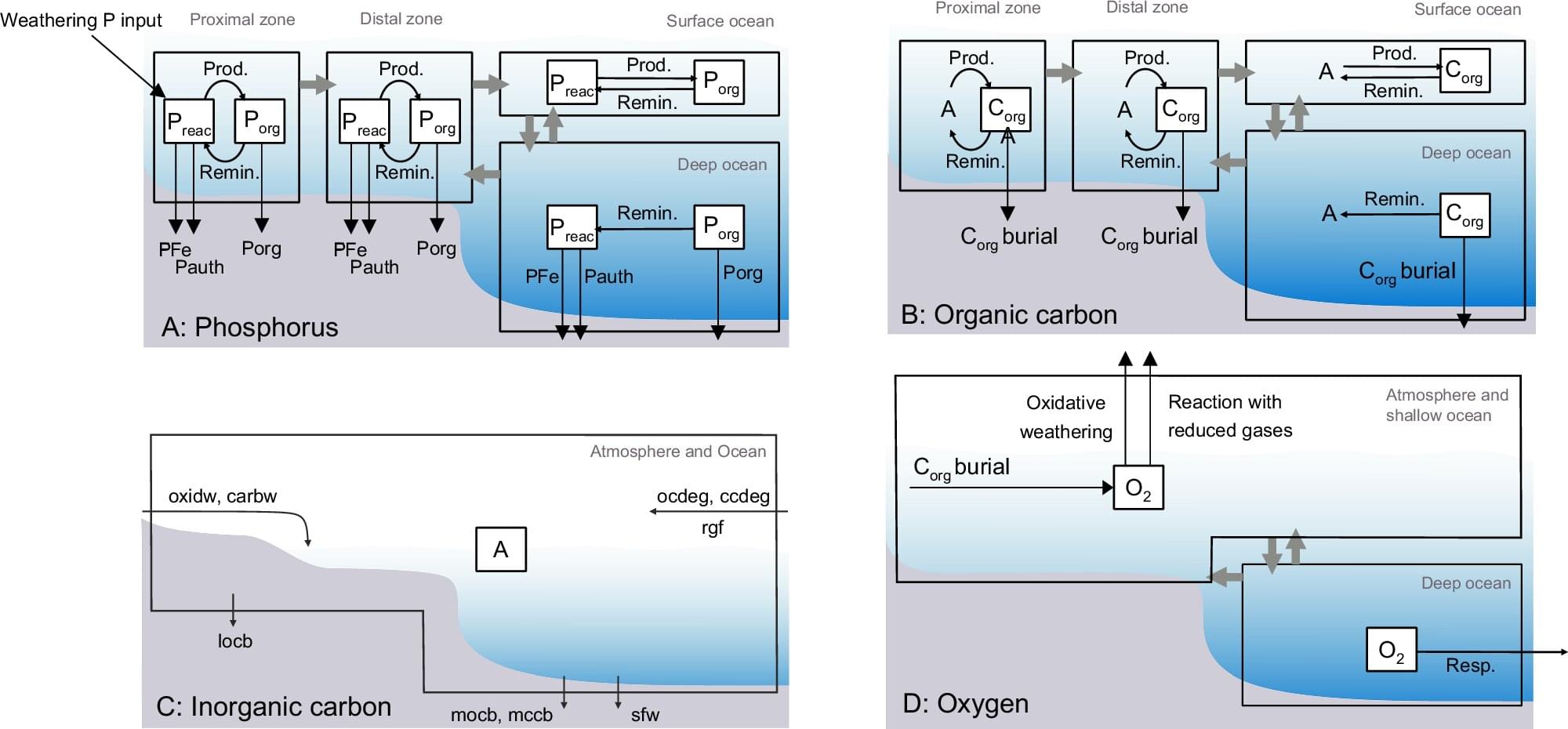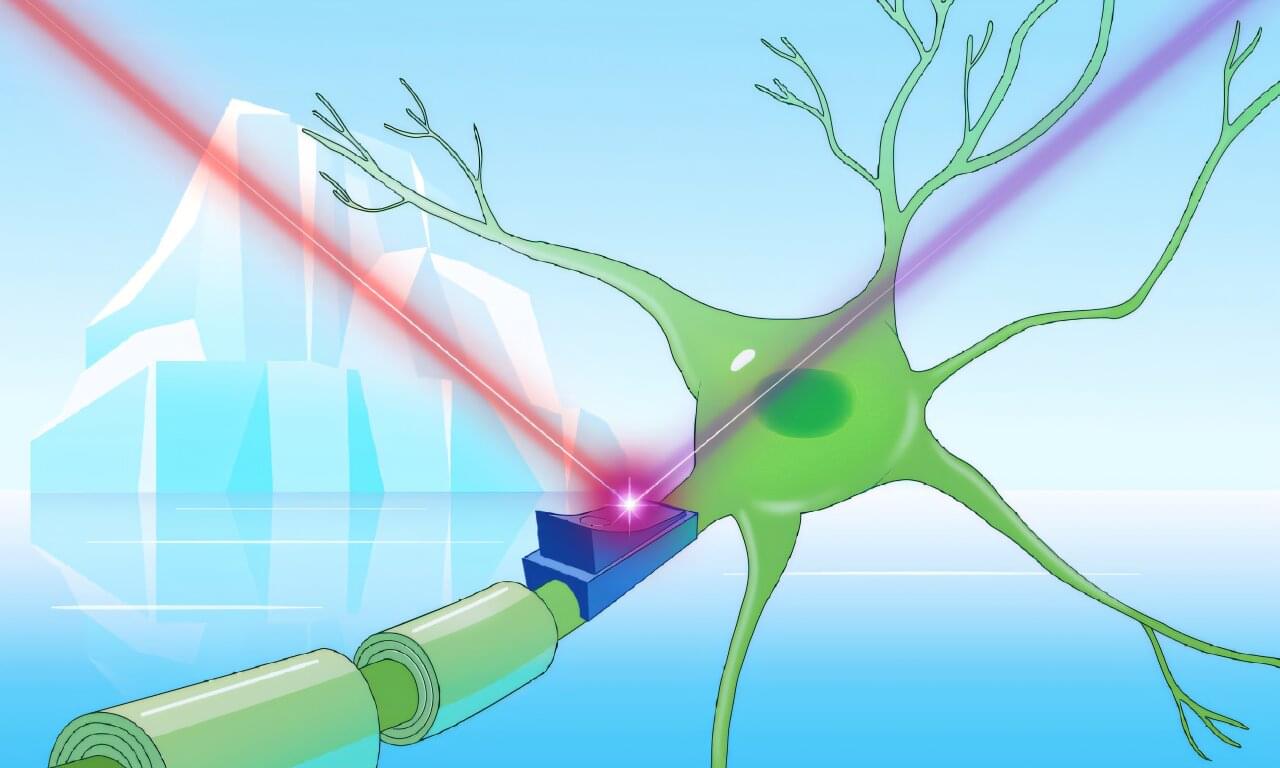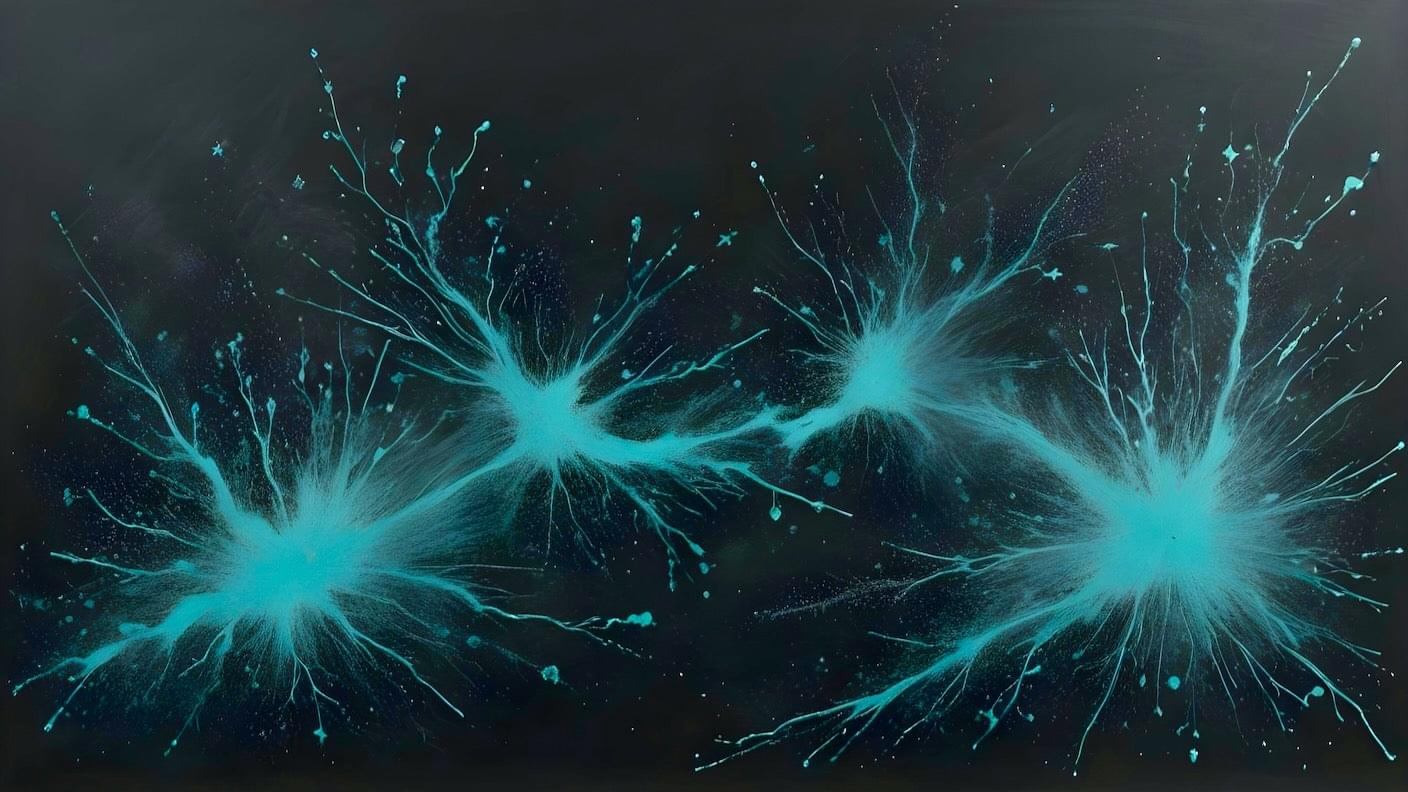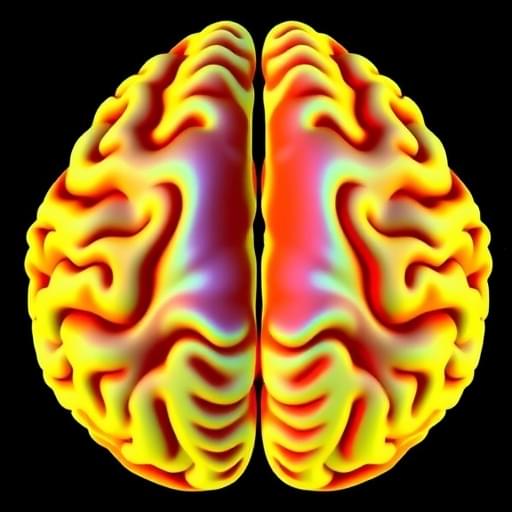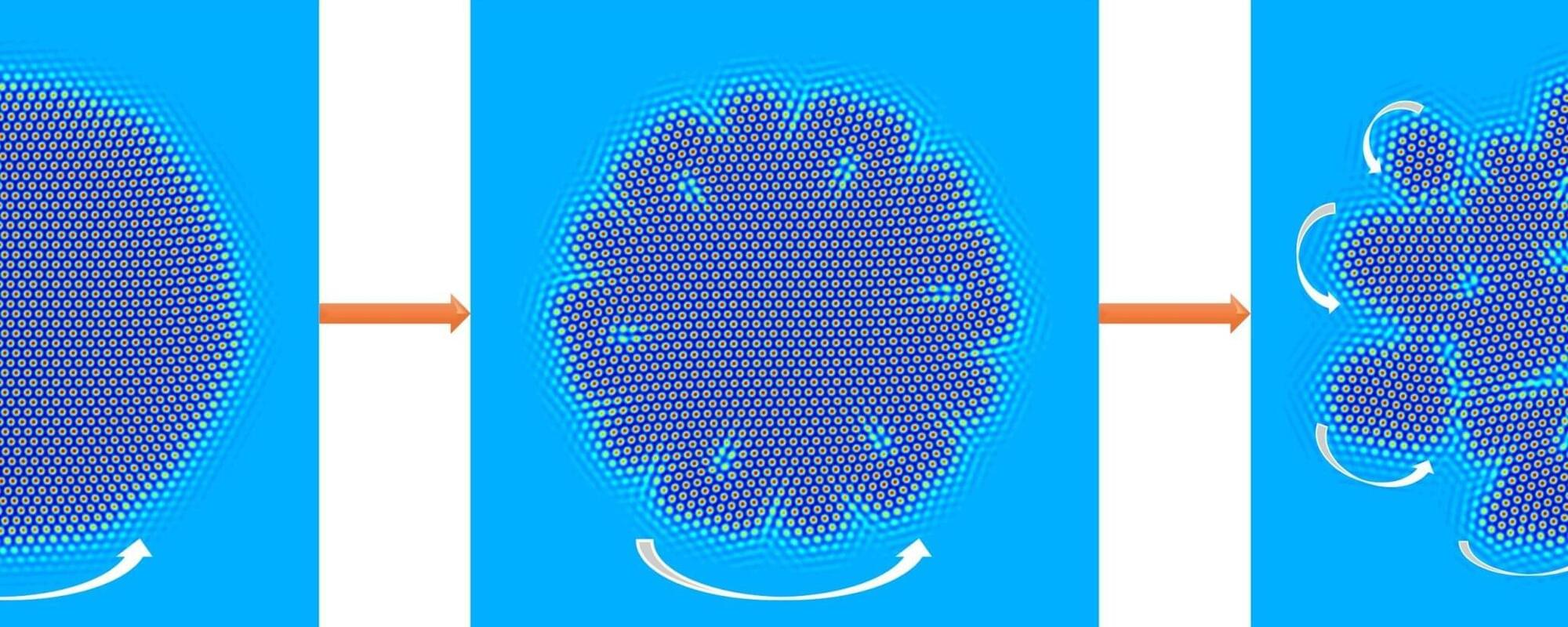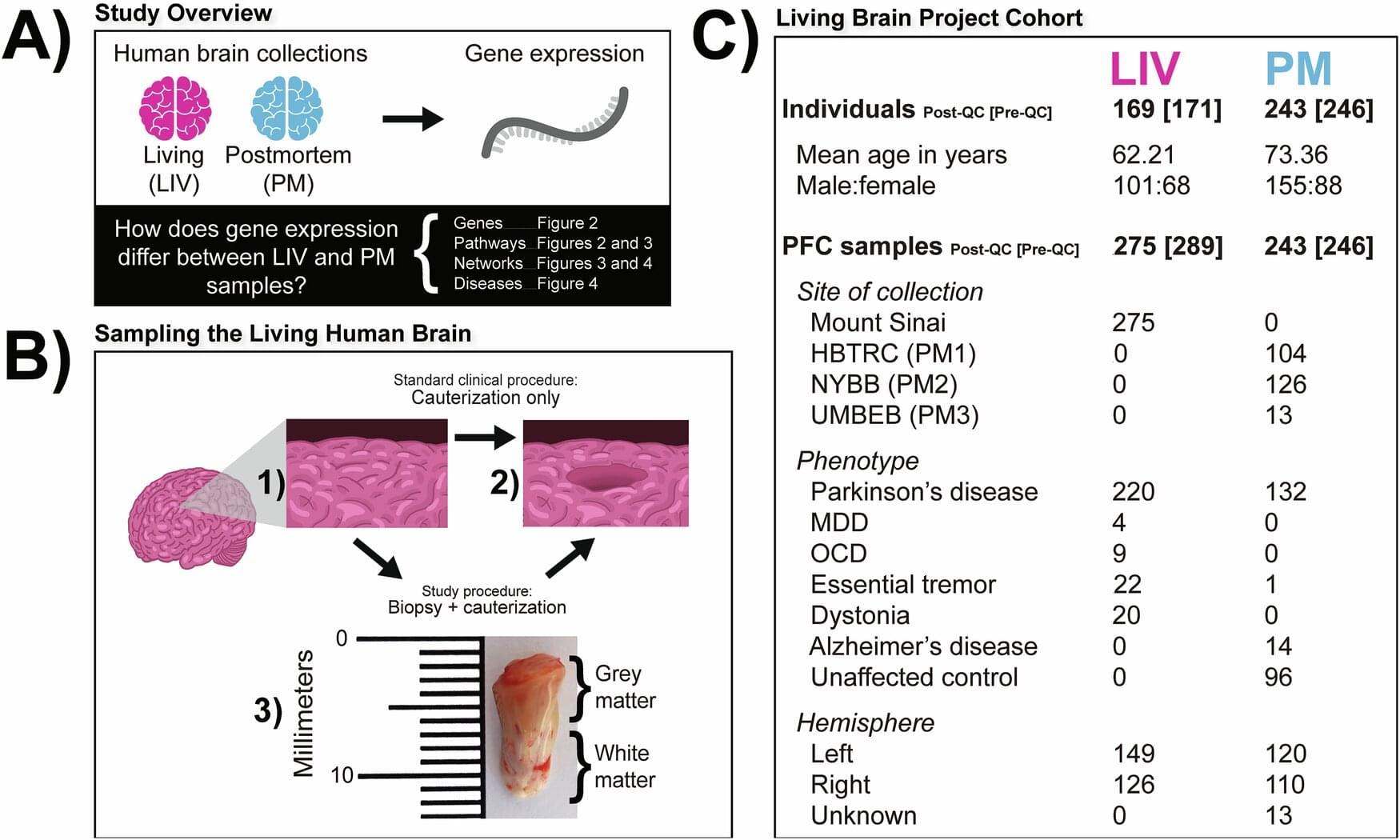A new study has revealed how phosphorus, a nutrient essential for photosynthesis, surged into ancient oceans and started Earth’s first major rise in atmospheric oxygen more than 2 billion years ago.
Dr. Matthew Dodd, from UWA’s School of Earth and Oceans, is lead author of the study published in Nature Communications. “By fueling blooms of photosynthetic microbes, these phosphorus pulses boosted organic carbon burial and allowed oxygen to accumulate in the air, a turning point that ultimately made complex life possible,” Dr. Dodd said.
The research combined a global archive of ancient carbonate rocks with modeling to simulate Earth’s climate system and show that ocean phosphorus and atmospheric oxygen rose and fell together during the Great Oxidation Event.
